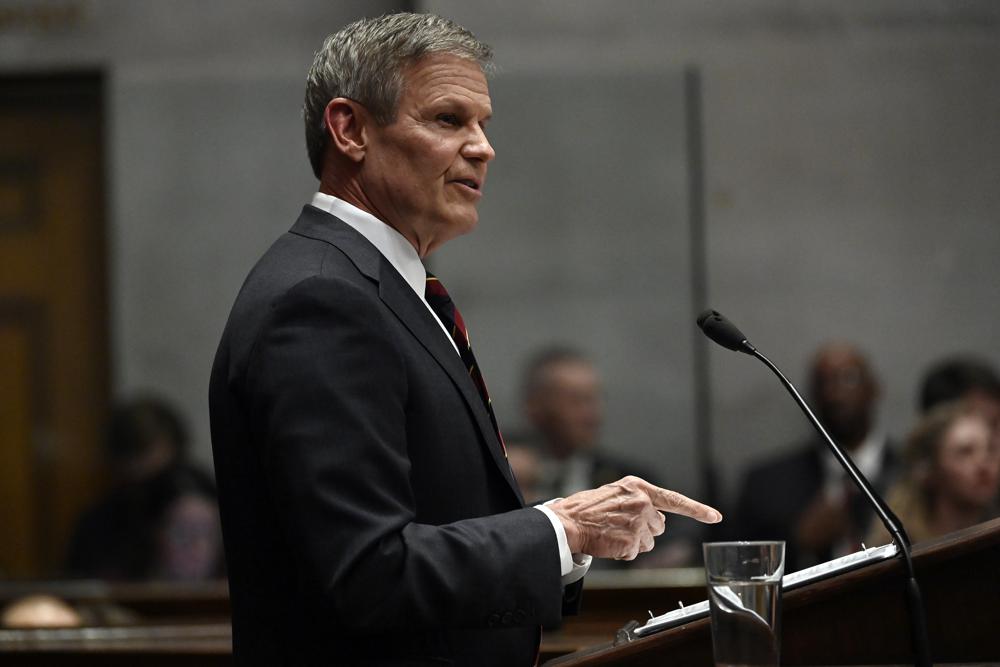On Friday, Tennessee became the first state to limit drag performances in public. Governor Bill Lee signed HB 9, which makes it a criminal offense for anyone to engage in an “adult cabaret performance” on public property or where it can be viewed by minors. The bill covers various types of entertainers, including topless dancers, go-go dancers, exotic dancers, strippers, male or female impersonators, or similar performers. The legislation specifies that first-time offenders will be charged with a misdemeanor, and repeat violations would be a Class E felony.
In addition to the ban on drag performances, Governor Lee also signed a bill prohibiting transgender healthcare for minors. The conservative backlash against drag shows and the transgender community has resulted in legislative restrictions on both groups. Drag performers claim that family-friendly drag shows are being misconstrued as sexual, while activists and allies believe that this is an attempt to ban queer spaces and culture and force LGBTQ people back into the closet. According to the Human Rights Commission, these laws are not about protecting youth but spreading dangerous misinformation against the transgender community.
Drag performances, cross-dressing, and gender nonconformity laws were also enforced in the early to mid-1900s, leading to the criminalization of the LGBTQ community. The bill’s sponsor, Senator Jack Johnson, celebrated its passage to Governor Lee’s desk. Lee, in a tweet, stated that the bill would give parents confidence that they can take their children to public or private shows without being blindsided by a sexualized performance. Several similar bills have been introduced in states like Florida, Arizona, Texas, and others, aiming to restrict drag shows. The Human Rights Campaign Legal Director, Sarah Warbelow, maintains that these bills are an attempt to attack drag artists and transgender youth, who are often employed in drag shows.
Overall, these laws reflect the ongoing tension between conservative values and LGBTQ rights in the United States. They raise questions about freedom of expression, individual liberties, and human rights. The battle over drag performances and transgender healthcare will undoubtedly continue in Tennessee and other states, with the outcomes uncertain.

